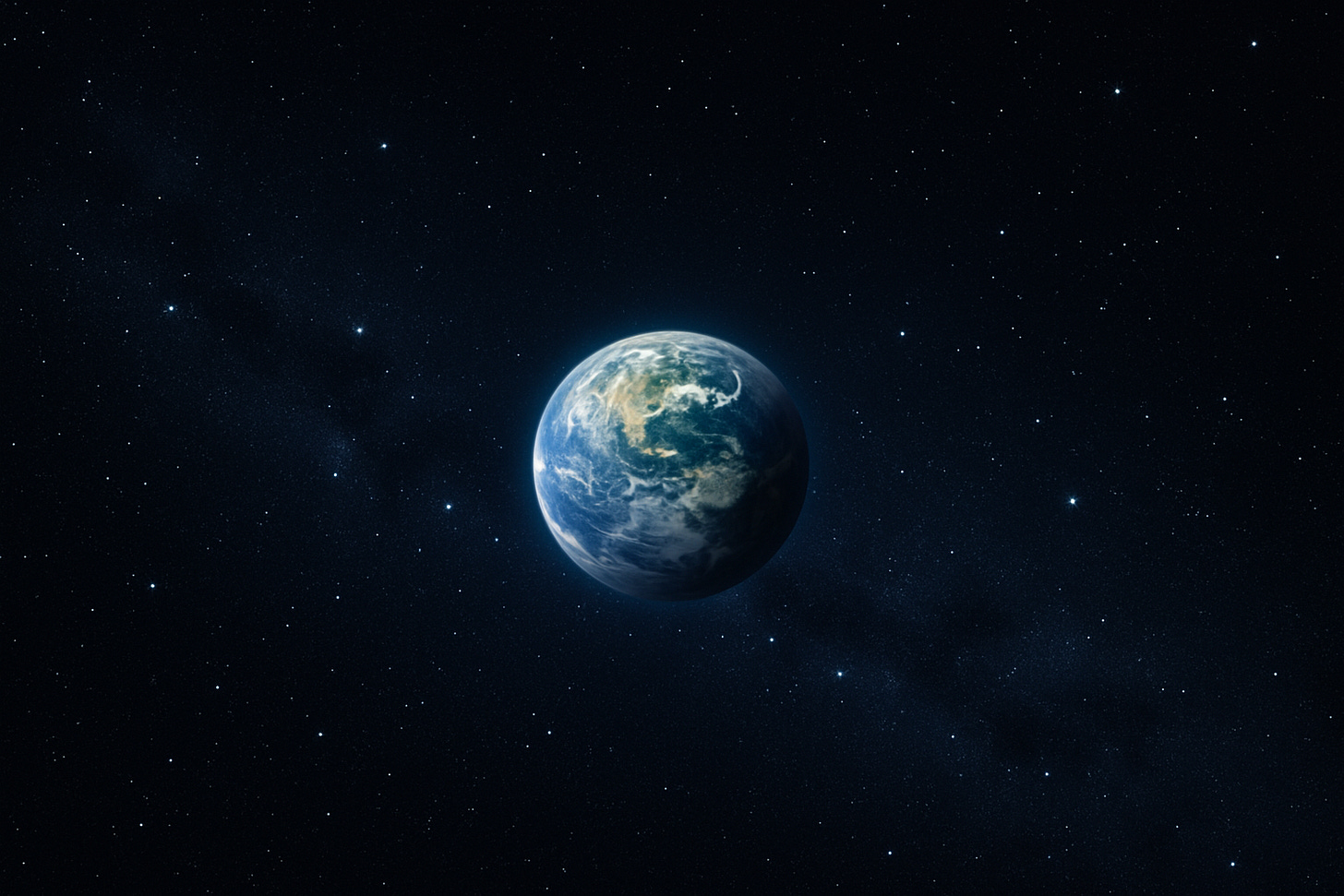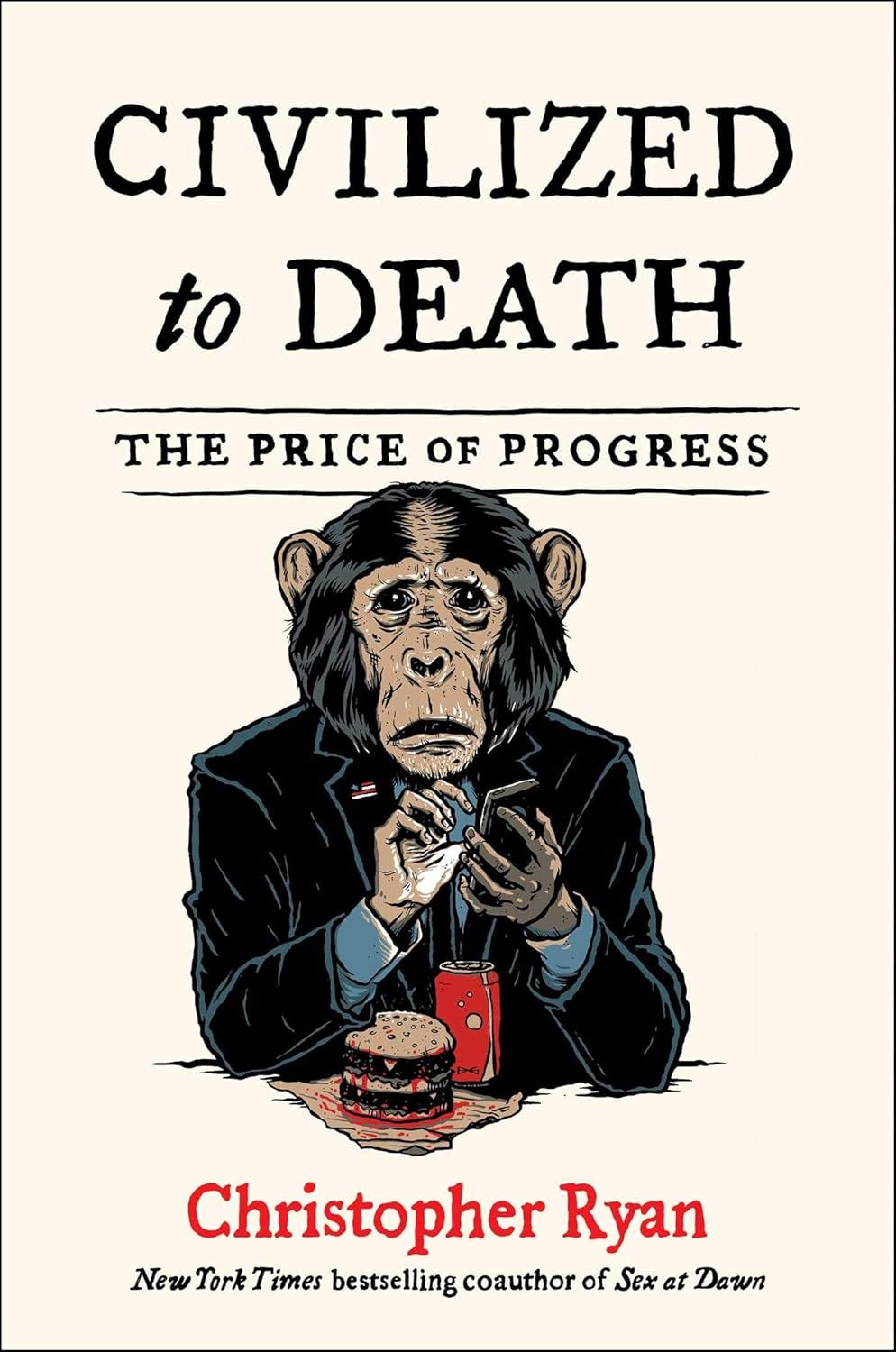If I Were an Alien
Humans are Weird
Welcome to Polymathic Being, a place to explore counterintuitive insights across multiple domains. These essays take common topics and explore them from different perspectives and disciplines and, in doing so, come up with unique insights and solutions. Fundamentally, a Polymath is a type of thinker who spans diverse specialties and weaves together insights that the domain experts often don’t see.
Today's topic steps back and looks at a crazy juxtaposition within the humans living right here on our own Earth. From Skyscrapers to the Jungle and from Rocketships to Sharpened Sticks, what would an alien think if they looked down and viewed Homo Sapiens? Let’s take a look…
Intro
What would aliens think if they observed Earth and saw people living like this:
and like this on the same planet, by the same species, within just a thousand miles of each other:
We are planning to send humans back to the moon and regularly launch astronauts into space, while other humans run through the jungle mostly naked, carrying sharp sticks and eking out a bare survival.
When you sit down and consider, it’s absurd. What’s also weird is that not everyone wants to be at the same level. In the US, we find it odd when people like J. Daniel Sawyer want to get further off-grid and return to a more hands-on way of life. We look at the Amish like they’re even crazier. And yet we have humans who haven’t moved up in technology for over 20-30,000 years and refuse even to allow outsiders like the Sentinelese and Shompen on Sentinel Island and the Mashco Piro in Peru.
Think about that… These tribespeople live at a level that predates the Inca, Aztec, and Maya in South America. Similarly, the Bushmen of Africa retained their ways from millennia before the Pyramids were created, seemingly frozen in prehistory.

Paupa New Guinea provides another example, with an even broader diversity of tribes that were only discovered during WWII, less than 100 years ago. These tribes had never seen modern technology, let alone technology from 2000 years ago during the time of the Roman Empire. The war in the Pacific brought the 20th Century into direct contact with prehistoric tribes as the Allies used the island for resupply missions.
This clash of cultures led to what we call Cargo Cults when indigenous communities in Papua New Guinea saw the arrival of large amounts of cargo supplies, which, to the natives, appeared mysteriously from magical metal birds that roared and smoked. Unfamiliar with any technology, they believed the cargo came from ancestral spirits. When the Allies left and the supplies stopped arriving, these tribespeople began forming “cargo cults” where they built imitation airstrips, performed military-style drills, and used symbolic objects, hoping to attract more cargo.
Yet, while this incredible juxtaposition between vastly different cultures was very recent, today, some of the grandchildren of those cargo cult members have attended college and have seamlessly integrated into modern culture. So clearly, humans are an incredibly adaptable species, able to leapfrog forward thousands of years into the future of new technology.
The Inverse
On the flip side, there are a lot of conversations, most recently about AI, regarding our rate of technological advancement and whether we humans, not far removed from our primate ancestors, are positioned to deal with this technology properly. Chris Ryan wrote on that topic in Civilized to Death with anecdotes highlighting groups like the Hadza of Tanzania, the San (Bushmen) of southern Africa, and the Mbuti of the Congo Basin. These societies are more egalitarian, communal, and have a necessary deep connection to nature. It’s a healthy critique of our rat-race, headlong rush towards more and more technology, and there are certainly insights to consider before we judge those tribespeople harshly.
On the topic of our ability to properly use technology, we often forget how recently we evolved our prefrontal cortex, which gives us logic, and that our brains are like emotional elephants with a small, rational rider. While advanced technologies surround us, our emotional elephants are often stampeding through the jungle.
This was a key thread I pulled in my novel Paradox. As I struggled to find out how to kill as many humans as possible, I discovered that sentient Artificial Intelligence only had to give humans an excuse to do the dirty work themselves. It did so by unlocking their tribal inclinations. Truly, The Biggest Threat from AI is us!
Humans have the adaptability to leap forward thousands of years and embrace new technology while simultaneously struggling to adapt to these new technologies. It’s like comparing modernizing tribespeople to Luddites. It’s an interesting contradiction against an interesting juxtaposition.
Summary
If I were an alien, I’m unsure what I’d make of this world. We have a group of primates, some with advanced textiles and incredible technologies, and some, naked, with sharpened sticks, both of which are living on the same planet with the same underlying consciousness, the same biological components. The exact same species.
If I were an alien, I’d wonder how I’d act depending on which group I was born into. I’d wonder if there’s a better balance somewhere in the middle. I’d wonder, if humanity were to be reset, whether we could grow more consistently across the planet in a way that is healthier for everyone.
Thankfully, I don’t have to be an alien to consider this. It’s the core of my next two books after Paradox and Integration, which explore whether humans, after the reset, can avoid the foibles of the past.
What do you think of the juxtaposition? What are your thoughts on balance?
Did you enjoy this post? If so, please hit the ❤️ button above or below. This will help more people discover Substacks like this one, which is great. Also, please share here or in your network to help us grow.
Polymathic Being is a reader-supported publication. Becoming a paid member keeps these essays open for everyone. Hurry and grab 20% off an annual subscription. That’s $24 a year or $2 a month. It’s just 50¢ an essay and makes a big difference.
Further Reading from Authors I Appreciate
I highly recommend the following Substacks for their great content and complementary explorations of topics that Polymathic Being shares.
Goatfury Writes All-around great daily essays
Never Stop Learning Insightful Life Tips and Tricks
Cyborgs Writing Highly useful insights into using AI for writing
Educating AI Integrating AI into education
Socratic State of Mind Powerful insights into the philosophy of agency










So thought-provoking.
As an African Bushman, I think humanity will only transcend its past when we stop seeing the "naked ones with sharpened sticks" as primitive.
They hold advanced technology too. Just not the kind the west values. Emotional intelligence, communal logic, deep attunement to place.
These are innovations we’ve forgotten how to value.
Interesting piece - well done.
It seems to me that when humans are born with a subconscious which is programmed by genetics, it then continues to accept programming from the environment in which it lives.
Because that’s protective. Wherever that may be. With whoever is around.
Which explains everything.
Sometimes I like to keep it simple 😊